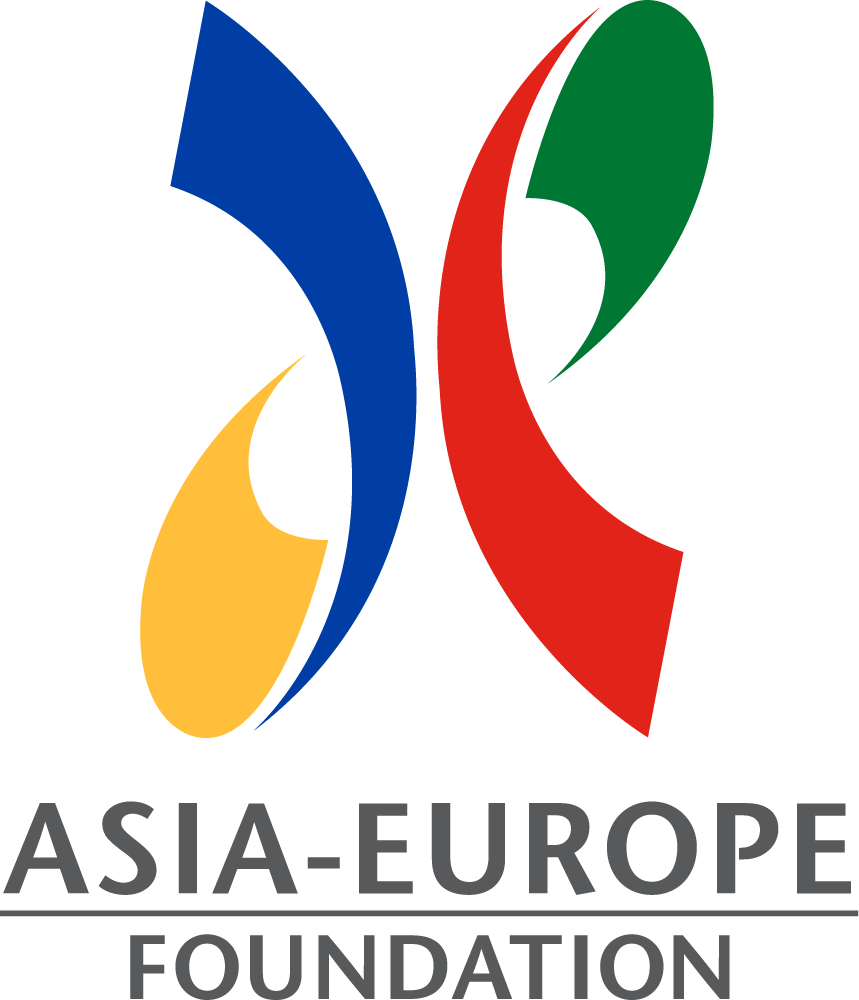WHO counts on the support of over 800 collaborating centres to do its mandated work and implement its programmes. To find out what these WHO collaborating centres are and their area of work with WHO please visit the database. You can also learn more about the WHO collaborating centres here.
Neighbouring Countries



12 - 15 March 2018
Ground Crossing
Port
Airport
No Data!
N/A
2023
AMR Self Assessment
No Data!
MPC
Multisectoral Preparedness Coordination
No Data!
Joint Risk Assessment (JRA)
Universal Health Coverage
Sustainable Development Goals
SDG Target 3.b
SDG Target 3.c
SDG Target 6.2
Others
No Data!
NAPHS
Published Plans in or before 2009
Influenza Plan
N/A
AMR PLAN
Public Health Emergencies Preparedness
-
 Asia-Europe Foundation (ASEF)
Asia-Europe Foundation (ASEF)
-
To analyse and understand the various plans used for risk communication during the COVID-19 pandemic. Coverage: Asia and Europe
-
To analyse and understand the various plans used for risk communication during the COVID-19 pandemic. Coverage: Asia and Europe
- National Legislation, Policy and Financing
- IHR Coordination, Communication and Advocacy
- Biosafety and Biosecurity
- Immunization
- Antimicrobial Resistance
- Zoonotic Disease
- Food Safety
- Workforce Development
- National Laboratory System
- Reporting
- Preparedness
- Emergency Response Operations
- Linking Public Health and Security Authorities
- Medical Countermeasures
- Risk Communication
- Points of Entry (PoEs)
- Chemical Events
- Radiation Emergencies
- National Institute of Infectious Diseases (NIID)
- AFENET
- Africa Centres for Disease Control and Prevention (Africa CDC)
- African Society for Laboratory Medicine (ASLM)
- Argentina, National Food Safety and Quality Service (SENASA)
- Asia-Europe Foundation (ASEF)
- Asian Development Bank (ADB)
- Asian Infrastructure Investment Bank (AIIB)
- Australia
- Australia, Department of Foreign Affairs and Trade (DFAT)
- Austrian Development Agency (ADA)
- BDC
- Better Health Moves Humanity Forward (PATH)
- Bill & Melinda Gates Foundation (BMGF)
- Brazil, Ministry of Agriculture, Livestock, and Supply (MAPA)
- Coalition for Epidemics Preparedness Innovations (CEPI)
- Danish International Development Agency (DANIDA)
- Deutsche Gesellschaft für Internationale Zusammenarbeit (GIZ)
- Ending Pandemics
- EpiAFRIC
- EPPR
- European Union
- FAO Emergency Centre for Transboundary Animal Diseases (ECTAD)
- Fleming Fund
- French Embassy
- Fundación Maris Llorens
- GAVI, The Vaccine Alliance
- Global Affairs Canada (GAC)
- International Association of National Public Health Institutes (IANPHI)
- International Federation of Biosafety Associations (IFBA)
- International Federation of Red Cross and Red Crescent Societies (IFRC)
- International Regional Organization for Agricultural Health (OIRSA)
- Japan International Cooperation Agency (JICA)
- Japan International Cooperation System (JICS)
- Lions Clubs International
- Mekong Basin Disease Surveillance (MBDS)
- National Center for Global Health and Medicine (NCGM)
- Norwegian Institute of Public Health (NIPH)
- OPEC Fund for International Development (OFID)
- PIP Framework
- Resolve to Save Lives
- Swiss Agency for Development and Cooperation (SDC)
- The Service for the National Health for Food Safety and Food Quality (SENASICA)
- U.K, Department for International Development (DFID)
- U.N. Food & Agriculture Organization (FAO)
- U.S. Agency for International Development (USAID)
- U.S. Defense Threat Reduction Agency (DTRA)
- U.S. Department of Agriculture (USDA)
- U.S. Department of Defense (DoD)
- U.S. Department of Justice (DoJ)
- U.S. Department of State (DoS)
- U.S. Federal Bureau of Investigation (FBI)
- U.S. National Institutes of Health (NIH)
- UK Health Security Agency (UKHSA)
- United Nations Children's Fund (UNICEF)
- United States Centers for Disease Control and Prevention (U.S. CDC)
- World Bank
- World Health Organization (WHO)
- World Organisation for Animal Health (WOAH)